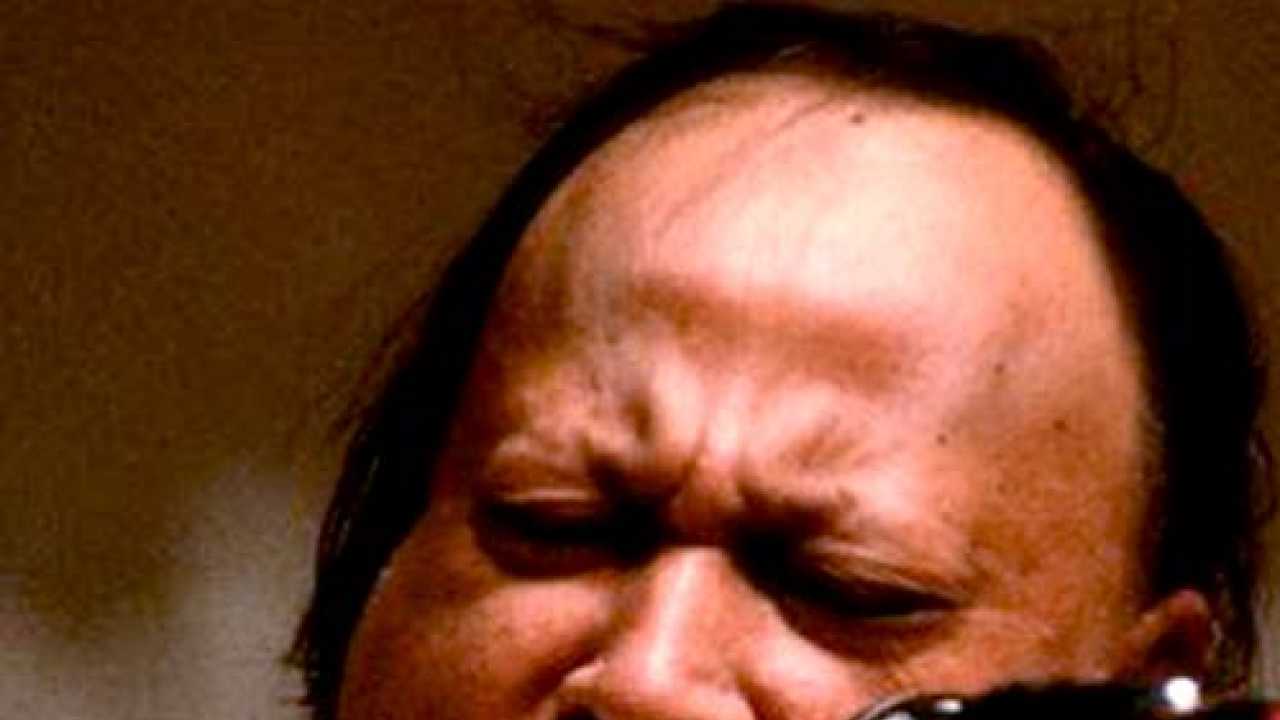



Michael Jackson, Sting, Brian Eno, Peter Gabriel and U2 are reportedly his fans, and his song “Mustt Mustt,” with which he usually closes his shows, was a pop chart hit in Asia.

(The latter is not such a far-off association, in fact, since the spinning Sufi dervish dances are a visual and physical corollary to the soaring melodic spirals of qawwali singing.)īut there is no denying the impact of Khan’s from-the-heart vocal performances, which have roused Western listeners to something approaching religious ecstasy in sold-out programs at venues as varied as L.A.'s House of Blues and New York’s Town Hall. To Western ears, qawwali resembles a blending of Khan’s indefinable singing with the sounds of classical Indian ragas (think Ravi Shankar) and the hypnotic rhythms one might imagine as accompaniment for whirling dervishes. “But when we are performing among people who don’t understand the language, we try to use the power of the rhythm with the lyrics to convey the message.” And we emphasize more the poetry,” Khan says. “The significance of the words and the music are very important when we are singing and performing among people who understand the language. It is inspirational and mystic, intended to express a belief in music and poetry as pathways to achieve a state of enlightenment-in effect, a “stateless state.” Qawwali (which means “utterance”) consists of devotional songs, usually sung in Urdu, Punjabi or Persian. But one must be of good character, because it is a pure music.” He further underscores his faith in the fundamental generative powers of the music by noting that, although he is not a member of Islam’s mystical Sufi sect, “one does not have to be a Sufi to be a qawwali singer. “The mixing of qawwali with popular music,” he says, “does not make any difference as long as it is a known religious song.” Khan, however, has no problem with such combinations. To some observers, this kind of juxtaposition of ancient and traditional music within contemporary pop settings distorts centuries-old cultural heritages. Later this summer, Real World will issue a CD of Khan’s songs in new dance remixes. His recordings with guitarist Michael Brook-their latest album, “Night Song” on the Real World label, was released in late February-place qawwali music in a framework of Brooks’ ambient soundscapes.


 0 kommentar(er)
0 kommentar(er)
